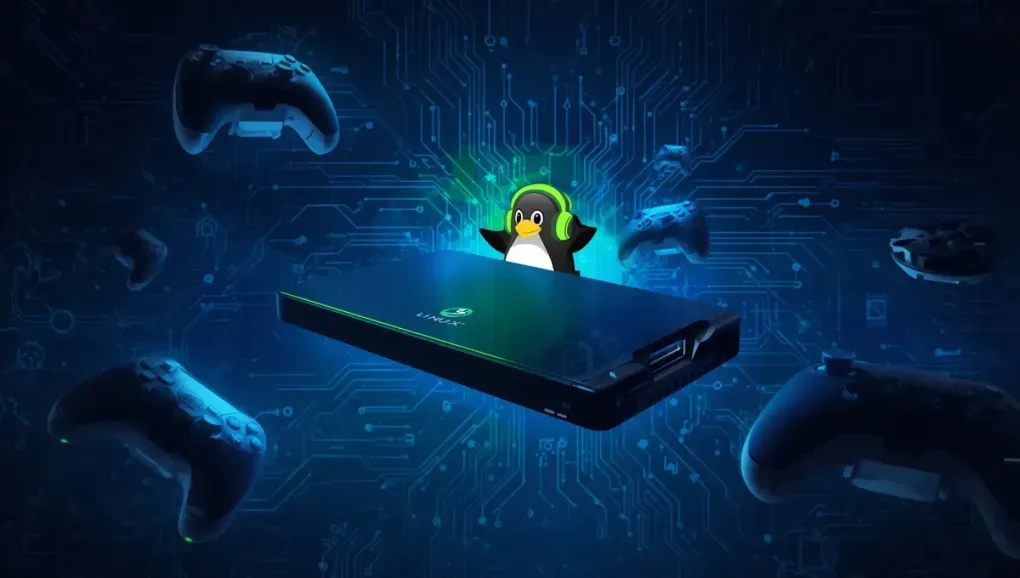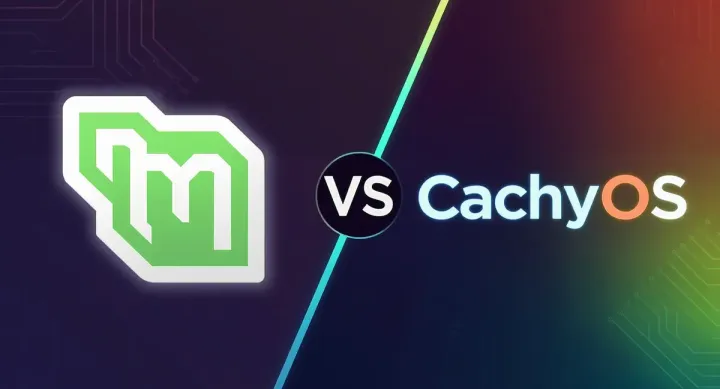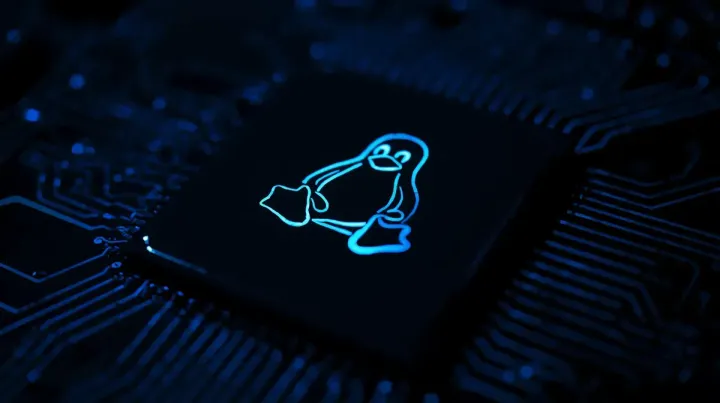
Linux Gaming Revolution: How Valve's Steam Deck Changed Everything in 2025
For decades, Linux gaming was the punchline of tech jokes. “The Year of Linux Gaming” became a meme, repeated year after year with diminishing hope. But in 2025, something remarkable happened: the joke stopped being funny because it finally became true.
The Linux gaming revolution isn’t just happening-it’s accelerating at a pace that’s leaving traditional gaming platforms scrambling to catch up. And at the center of this seismic shift is Valve’s Steam Deck, a device that’s doing for Linux gaming what the iPhone did for mobile computing.
The Steam Deck Effect: A Perfect Storm
When Valve announced the Steam Deck in 2021, even the most optimistic Linux advocates were skeptical. A handheld gaming PC running Linux? It sounded like a niche product for a niche audience. But Valve had a secret weapon: Proton.
Proton, Valve’s compatibility layer that allows Windows games to run on Linux, has evolved from a promising experiment into a gaming powerhouse. In 2025, Proton’s compatibility rate has reached an astonishing 85%, meaning the vast majority of Windows games now run seamlessly on Linux.
The Steam Deck’s success has been nothing short of phenomenal. According to recent market data, Valve has sold over 3 million units worldwide, making it one of the most successful gaming devices of the decade. But the real story isn’t just the hardware-it’s the ecosystem that’s blossoming around it.
The Ripple Effect: How Steam Deck Changed Everything
The Steam Deck’s success has created a cascade effect throughout the gaming industry:
1. Game Developers Are Taking Linux Seriously
Major studios that once ignored Linux are now actively testing their games on the platform. Ubisoft, EA, and even Microsoft (through their Game Pass initiatives) are ensuring their titles work on Linux. The financial incentive is clear: Steam Deck users represent a growing, engaged audience willing to spend money on games.
2. Linux Gaming Market Share Explosion
According to the latest Steam Hardware Survey, Linux gaming market share has jumped from less than 1% in 2020 to over 8% in 2025. This might not sound like much, but in the gaming industry, this represents billions of dollars in potential revenue.
3. The Rise of Gaming-Focused Linux Distributions
New Linux distributions specifically designed for gaming are emerging. ChimeraOS, HoloISO, and Nobara Linux are gaining popularity among gamers who want a console-like experience on their PCs. These distributions come pre-configured with gaming optimizations, making Linux gaming accessible to everyone.
Proton: The Magic Behind the Curtain
Proton’s success isn’t just about running games-it’s about running them well. Recent benchmarks show that many games actually perform better on Linux than on Windows, thanks to the efficiency of the Linux kernel and the optimizations in Proton.
Games like Cyberpunk 2077, Elden Ring, and Baldur’s Gate 3 now run with higher frame rates and lower latency on Linux systems. This performance advantage, combined with Linux’s superior security and privacy features, is making it an increasingly attractive option for serious gamers.
The Developer Perspective: Why Linux Gaming Makes Sense
From a developer’s standpoint, Linux gaming offers several advantages:
- Lower Development Costs: Linux’s open-source nature means developers don’t need to pay licensing fees
- Better Performance: The Linux kernel’s efficiency translates to better game performance
- Security: Linux’s security model reduces the risk of cheating and hacking
- Community Support: The Linux gaming community is incredibly active and helpful
The Future: What’s Next for Linux Gaming?
As we move deeper into 2025, several trends are emerging that suggest Linux gaming is only going to get stronger:
Cloud Gaming Integration
Services like GeForce Now and Xbox Cloud Gaming are increasingly supporting Linux clients, making high-end gaming accessible on even modest Linux systems.
VR Gaming on Linux
Valve’s continued investment in Linux VR support, combined with the growing popularity of VR gaming, is creating new opportunities for Linux in the virtual reality space.
Mobile Gaming Convergence
The success of the Steam Deck has inspired other companies to create Linux-based handheld gaming devices, creating a new category of portable gaming PCs.
The Bottom Line: Why This Matters
The Linux gaming revolution isn’t just about playing games on a different operating system. It’s about:
- Consumer Choice: Gamers now have real alternatives to Windows
- Privacy: Linux gaming doesn’t require the extensive data collection that Windows gaming does
- Performance: Better gaming performance without the Windows overhead
- Cost: Free operating system means more money for games and hardware
- Security: Reduced risk of malware and security vulnerabilities
My Personal Experience
As someone who’s been using Linux for gaming since the early days of Wine, the transformation has been incredible. What once required hours of configuration and troubleshooting now “just works.” My Steam Deck has become my primary gaming device, and my Linux desktop runs games that I never thought would work outside of Windows.
The most surprising thing? How seamless the experience has become. I can install a game on Steam, click play, and it works. No configuration, no compatibility issues, no compromises. It’s the gaming experience I always wanted but never thought was possible.
Conclusion: The Revolution is Here
The Linux gaming revolution isn’t coming-it’s already here. The Steam Deck proved that Linux gaming can be mainstream, accessible, and profitable. Proton showed that compatibility isn’t a barrier anymore. And the growing market share proves that gamers are voting with their wallets.
For years, we joked about “The Year of Linux Gaming.” In 2025, we can finally stop joking and start celebrating. The revolution has arrived, and it’s changing everything.
Sources:
- Steam Hardware Survey, January 2025
- ProtonDB compatibility statistics
- Valve’s Steam Deck sales data
- Gaming industry market analysis reports
- Linux gaming community surveys and benchmarks


